|
About 7 in 10 voters say the country’s health care system needs major changes. With the midterm elections now over, will voters get what they want? Simon Haeder, health policy professor at West Virginia University, says yes – on some fronts. States that elected Democratic governors are likely to expand Medicaid. And the Democratic takeover of the House means that Obamacare likely won’t be repealed in the next two years. Other results are mixed, though, and Haeder writes that “controversies will keep health care front and center” for some time.
Latinos appear to have voted in record numbers yesterday. The turnout proves that this big and growing group – which has historically voted at low rates – will show up for politicians and parties who talk to them about the issues that matter the most. That’s a lesson for both parties going into 2020, writes UC Berkeley’s Lisa Garcia Bedolla.
And in Florida, more than 1 million residents with felony convictions will now be allowed to vote after a ballot measure passed on Tuesday. Research on people who had their right to vote restored in Virginia sheds light on what this could mean for Florida, writes political scientist Victoria Shineman.
|
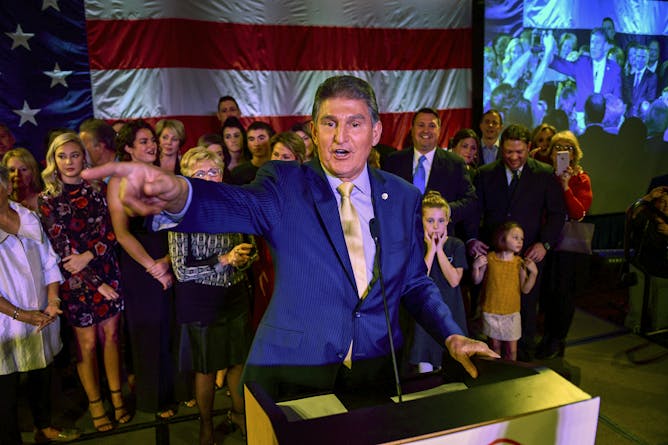
Sen. Joe Manchin, a Democrat, was re-elected in West Virginia, where voters cited health care as a major concern.
Tyler Evert/AP Photo
Simon F. Haeder, West Virginia University
Voters listed health care as one of their biggest concerns in the midterm elections. Were their concerns addressed? The results are mixed.
|

Democrat Beto O'Rourke won 63 percent of Latino voters in Texas, exit polls show, and Latinos seem to have voted in record numbers. But it wasn’t enough to win.
AP Photo/Eric Gay
Lisa Garcia Bedolla, University of California, Berkeley
Record high Latino participation shows this growing voter segment will turn out for parties and politicians who tackle issues they care about. That's a big lesson for 2020 – and not just for Dems.
|
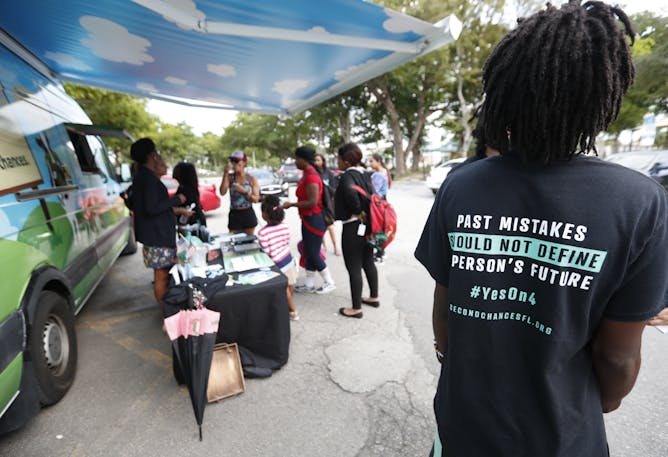
People in Miami learn about Amendment 4.
AP Photo/Wilfredo Lee
Victoria Shineman, University of Pittsburgh
New research shows that when ex-offenders are told they're able to vote, their attitudes about democracy and justice improve.
|
|
|
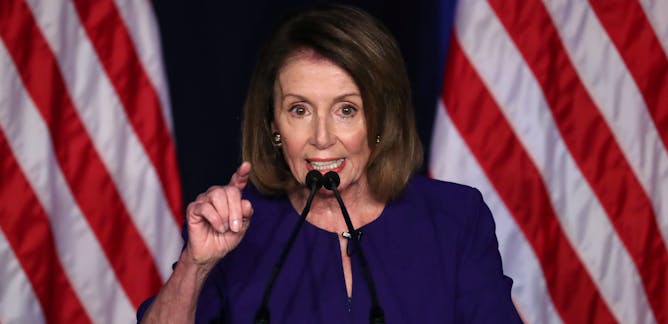
Laurence J. Kotlikoff, Boston University
As House Democrats prepare their agenda for the next two years, dealing with America's massive fiscal gap should be at the top of their list.
| |
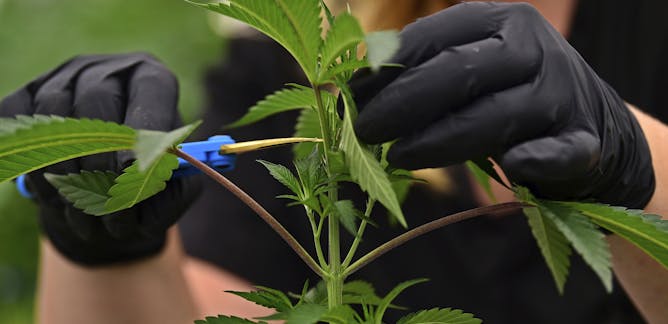
Daniel J. Mallinson, Pennsylvania State University; Lee Hannah, Wright State University
Two-thirds of all US states now have some kind of legal pot, and support for legalization has never been higher. But ballot initiatives can only take legalization so far, researchers say.
|
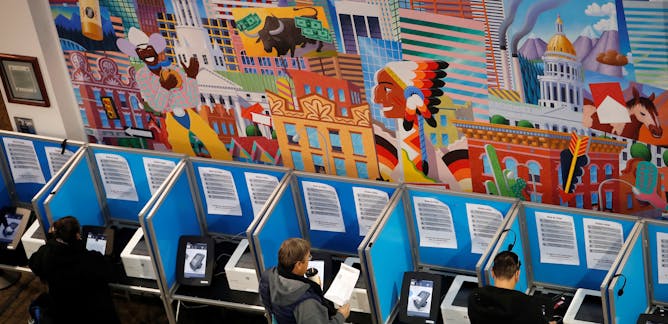
Stephanie Malin, Colorado State University; Tara Opsal, Colorado State University
Big oil and gas companies spent far more fighting this ballot initiative than the measure's supporters did.
| |

Paul Lasley, Iowa State University
In Iowa, almost 40 percent of residents can't afford the basic cost of living. That was the setting for the 2018 midterm elections, where rural voters are suffering along with their communities.
|
|
|